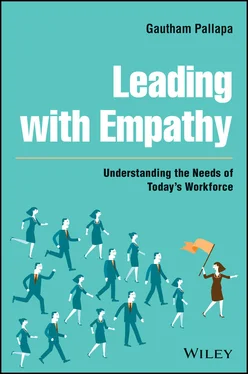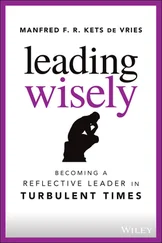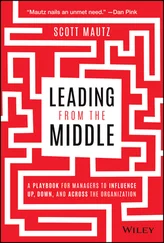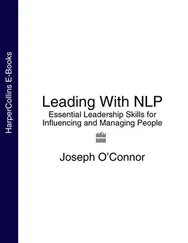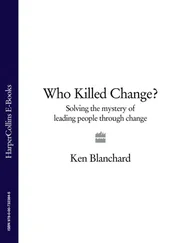From a global perspective, empathy is infinitely important particularly if it ends in compassion. Empathy motivates people to step in and help those who have been struck by major disasters even if they are total strangers. Empathy brings out the best in us and improves the global quality of life. When you lead with empathy, you are empowering humanity in the face of adversity.
How This Book Is Structured
Simon Sinek transformed how leaders can inspire people to take action through his influential book, Start with Why . He has been a great inspiration to me. As a tribute to his influence on my personal thinking, I have espoused his powerful idea, The Golden Circle, to inspire and motivate humanity in these adverse times. Leading with Empathy is a call to action for becoming empathic leaders in a world that has suffered so much strife and misery.
In the first part of the book, I explore why humanity has undergone so much adversity in recent times. I start with the impact of the COVID-19 global pandemic and events since 2020. While it can be traumatic and painful to some, this first step of acknowledging why there is so much suffering in recent times is vital to our leadership transformation. I examine the impacts of COVID-19, unemployment, Black Lives Matter demonstrations, and the economic downturn. These topics could trigger bouts of pain, anxiety, suffering, loss, and sadness in many of us who have undergone adverse episodes, especially over the last year. My intent is not to generate pain; instead, it provides visibility to human suffering, and I profusely apologize in advance if these topics invoke pain for you. I dedicate a chapter to stress and anxiety, proffering insight into why the pain and suffering have impacted us profoundly in recent times. Part 1 is aptly called Adversity.
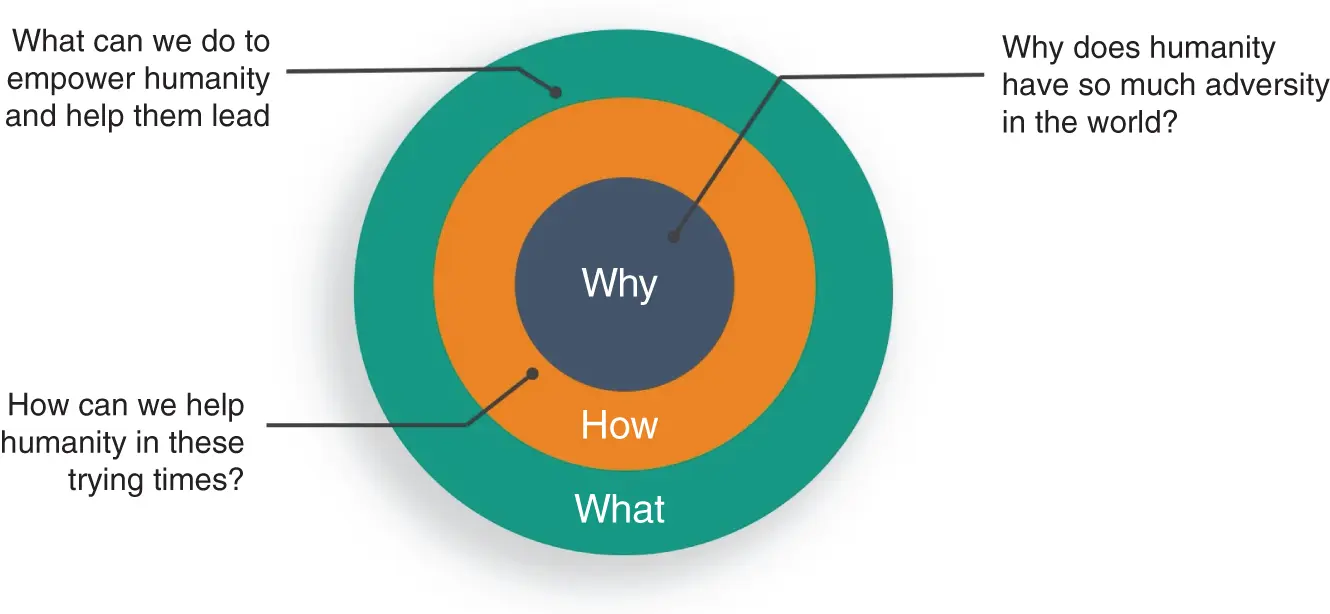
Figure 1.1 How this book is structured.
Part 2 of the book helps us understand how empathy has emerged as a panacea to combat the anguish and suffering that the world has undergone. I examine how elevated stress levels and anxiety affect us physically, mentally, and emotionally and how we can overcome the impact of stress and anxiety in our lives. I then discuss emotional intelligence and empathy. We take an in-depth look at the types of empathy, benefits, and impediments to empathy and how we can enable empathy in people.
I then present how empathic leadership can empower humanity in the face of adversity. I provide anecdotes, stories, and personal musings throughout the book to underscore the topics discussed and grant visibility to the suffering around us and how people have stepped up and led with empathy. I also share exercises and tips to reduce stress and anxiety and improve happiness and positivity.
The third part of the book is all about empowerment and what actions and steps we as empathic leaders can embrace and initiate to enable the workforce, people around us, and our loved ones in these challenging times. Empathy in organizations has been a passionate topic for me. One of my two primary beliefs is that happy people are productive people. I firmly subscribe to the idea that people will be happy when they are a psychologically safe and work in a positive organizational culture that nurtures trust, collaboration, and innovation that embraces failure. This necessitates enterprise and employee empathy. I examine what steps empathic leaders should take to promote empathy in the workplace, especially for a remote workforce—a relevant topic right now.
Throughout this book, I have tried to refrain from using many of the cliches that have become mainstream over the last few years. However, there are occasions where I might have inadvertently succumbed to parroting them. I highly encourage you to chuckle at those instances and either substitute the phrase with your choice of cliche or roll your eyes and let out a deep sigh. Shake your head sagely if you are reading the book in a public setting for extra effect. Feel free to even tweet about it with #empathicleadership or #leadwithempathy and express what went through your mind when you encountered the cliche. I look forward to reading those gems on my Twitter feed.
Leading with Empathy is intended to help people relate to their personal experiences as we explore various topics throughout the book. It is a call to action for people to lead with empathy. I have included exercises, tips, and activities to promote empathic leadership, reflection, and introspection and ways to start the dialogue about empathy and its dire need today. Each chapter also ends with a few points for reflection and introspection. I encourage you to use these not only for your personal growth but also as conversation starters with your fellow leaders. You don't have to wait until Part 3 to take action.
Together, we can lead with empathy and strive to elevate humanity in the face of adversity.
An Exercise to Reduce Stress
Here is a simple exercise that you can perform any time you feel overwhelmed by stress or anxiety.
Close your eyes. Take three deep, slow breaths. Now relax your shoulders and assume a comfortable position. It could be leaning back in your chair, your favorite place on your couch, or even on the floor. The objective is to be comfortable and relaxed.
Next, with your eyes closed, think of a memory or event that brings a smile to your face or warmth in your heart. Focus on that happiness or warmth that you feel when you relive that memory.
Keep breathing and continue to keep your eyes closed. Let that warmth spread all over you down to your fingertips and toes. Allow that feeling of happiness to envelope you and bask in it. Go back in time and think hard about how you felt then. Where were you at that time? What was the weather? Who was with you? Did you smell anything nice? What were your fingers feeling?
Spend some time in that memory. Then, slowly open your eyes, take three more deep breaths, and get up.
Hopefully, you feel relaxed and less stressed after this exercise. Repeat this whenever you feel overwhelmed and need some calm.
How has COVID-19 affected you and your loved ones?
Do you have examples that can differentiate sympathy from empathy?
Have you ever performed an act of kindness that influenced a stranger's life?
Has some stranger performed an act of kindness that influenced your life?
1 1.Kim, H. H., & Jung, J. H. (2021). Social isolation and psychological distress during the COVID-19 pandemic: a cross-national analysis. The Gerontologist 61 (1): 103–113. https://doi.org/10.1093/geront/gnaa168
2 2.The implications of COVID-19 for mental health and substance use, Nirmita Panchal, Rabah Kamal, Cynthia Cox, and Rachel Garfield; Published Feb 10, 2021, www.kff.org.
3 3.Daly, M., & Robinson, E. (2020). Psychological distress and adaptation to the COVID-19 crisis in the United States. Journal of Psychiatric Research 136: 603–609. https://doi.org/10.1016/j.jpsychires.2020.10.035
4 4.Hartnett, K. P., Kite-Powell, A., DeVies, J., et al. Impact of the COVID-19 Pandemic on Emergency Department Visits—United States, January1, 2019–May 30, 2020. MMWR Morb Mortal Wkly Rep 2020;69:699–704. DOI: http://dx.doi.org/10.15585/mmwr.mm6923e1
5 5.Woolf, S. H., Chapman, D. A., Sabo, R. T., & Zimmerman, E. B. (2021). Excess deaths from COVID-19 and other causes in the US, March 1, 2020, to January 2, 2021. JAMA 325 (17): 1786–1789. https://doi.org/10.1001/jama.2021.5199
Читать дальше
